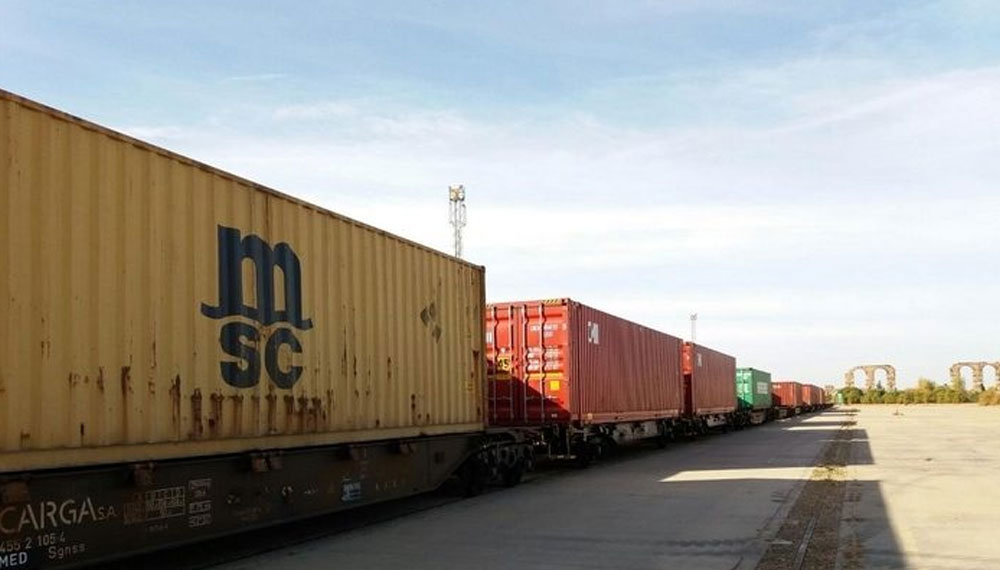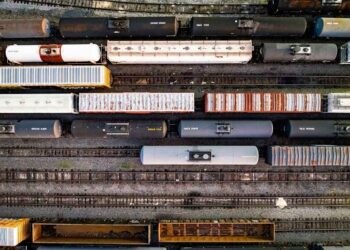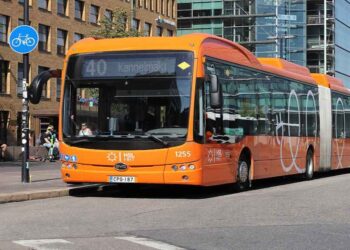Recently, MSC began operating Fast Track trains from Gioia Tauro port to Bologna Interporto and Padova Interporto (traction provided by Ferrotramviria for Medway Italia) (tractioned by Mercitalia). The frequency of each train is one journey every 3 weeks, with the potential to increase this number in the upcoming months.
Fast Corridor: What is it?
One may think of the Fast Corridor as an immaterial infrastructure that enables an intermodal logistics system that is quicker and more effective. It is changing conventional customs into Customs 4.0 and is also referred to as customs corridors. In other words, the Fast Corridor has eliminated the need for customs processing at the destination port.
In fact, containers may now be digitally traced in real-time using geolocation devices. Therefore, Fast Corridor enables customs operations to run at full capacity at the logistics hub. As a result, ports will be less crowded, and administrative processes related to customs will move more quickly.
Additionally, containers will make fewer stops in the ports, lowering the cost and transit time for customers. Thanks to the integration of real-time tracking technologies with conventional customs regulations, Fast Corridor also provides improved security.
Gioia Tauro appears to have a promising future
The new MSC connections between the port of Gioia Tauro and Bologna and Padova continue the company’s historical pattern of growing the system of the Calabrese port. In reality, MSC kicked off this growth process at the beginning of the year by launching two new lines linking Gioia Tauro with Nola and Bari.
Gioia Tauro is consequently transitioning from a transshipment hub to an import-export shipping gateway. The network expansion intends to avoid overcrowded terminals like the La Spezia port, which has increased fees for containers transported by road.
Gianluigi Aponte, the creator of MSC, claims that the firm intends to reach 3,5 million TEUs by the end of 2022 and 4,5 million in the following two years.
More MSC initiatives
To make the switch from road to rail freight transportation easier, MSC intends to run more trains. MSC is now testing a new train to connect the ports of Genova and La Spezia with the Agognate terminal in parallel to tests for the Padova-Trieste and La Spezia-Bologna routes.
Recently, Medway Italia opened a rail freight link along the Adriatic Sea that runs from the Trieste Marine Terminal to the hub in Jesi. The train, which is tractioned by Medway Italia, runs every two weeks and provides a reliable substitute for sea exports.


































